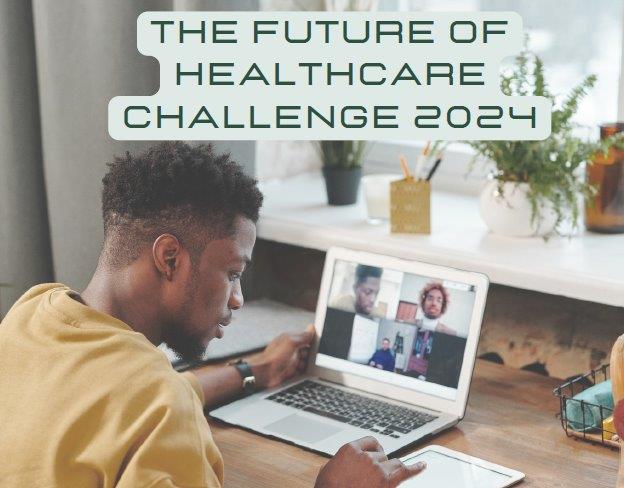You are interested in innovation and sustainability? Then become a part of our Future of Healthcare Challenge 2024! The International Future of Healthcare Challenge 2024 is an exciting partnership with Johnson & Johnson Sustainable Solutions (JJSS).
In an online collaboration space, you will develop and test new product ideas to solve societal or environmental problems in an international and multidisciplinary team of entrepreneurial students from European, Asian and American universities. You work with specialists at JJSS and will be coached by lecturers from participating universities to develop ideas, spot opportunities and test how your ideas could entry into the market.
Interested? You can register here.
For more information please watch our video or download our flyer.
Challenge4Impact aims to improve and support student business challenges on an international level. Therefore we research, evaluate, create guidelines and discuss our experiences. Currently, C4I elaborates the following project results:
- PR 1: Guidelines for lecturers and program managers on how to integrate international challenges into sustainable entrepreneurship teaching
- PR 2: Support services for student-business collaboration – a good practice report for program managers and intermediaries
- PR 3: Guidelines for Impact Monitoring and Impact Management
- PR 4: Playbook for international long-term student-business Challenges in sustainable entrepreneurship (up to 15 weeks)
- PR 5: Playbook for special interest student-business Challenges (up to 2 days)
Basis for PR 4 and PR 5 is the conceptualization and testing of different challenge formats. Following challenges have already taken place:
- Future of Healthcare Challenge 2023
- Cross-cultural Challenge
- Circular Challenge
- Creativity Challenge
- Alliance Challenge
- Negotiation Challenge
Interested to learn more current challenge formats? Please contact Frans Stel from Vennebroek Academic Services

This website was carried out as part of the Challenge4Impact project. Challenge4Impact (Project Reference: 2021-1-DE01-KA220-HED-000032242) is funded by the Erasmus+/Cooperation Partnership Programme of the European Union.
The information and views set out in this report are those of the authors and do not necessarily reflect the official opinion of the European Union. Neither the European Union institutions and bodies nor any person acting on their behalf may be held responsible for the use which may be made of the information contained therein.

